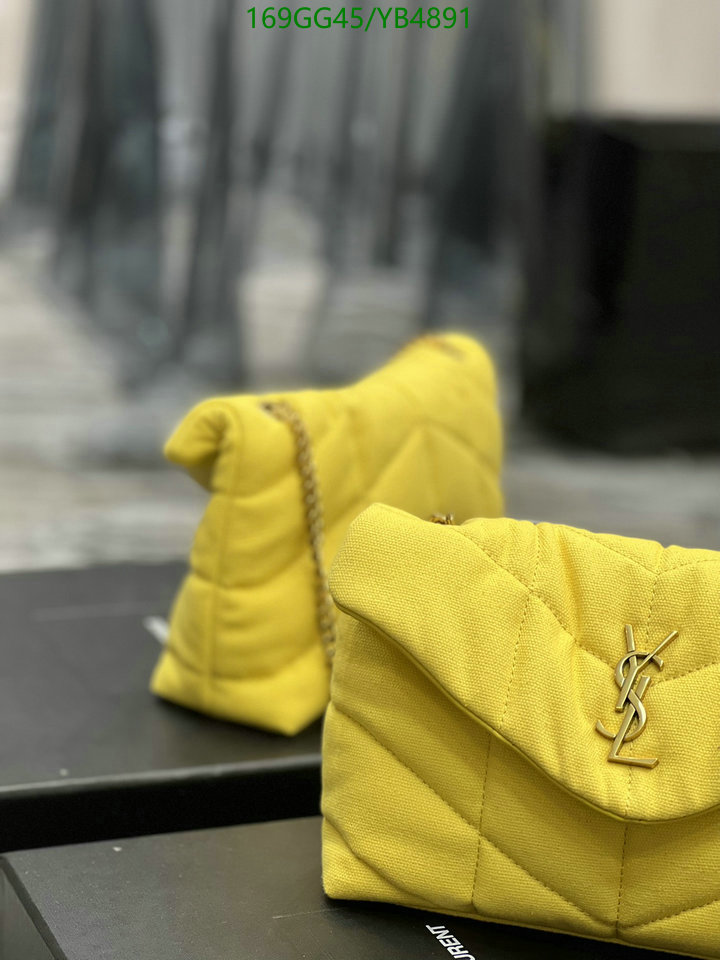The Fascinating Realm of Saint Laurent's Replicas Revealed
Introduction to Saint Laurent's Replicas Yves Laurent, a brand associated with luxury and fashion creativity, has long enthralled fashion enthusiasts with its iconic creations. Founded in 1961 by Yves Laurent and his partner Pierre Bergé, the label quickly established itself as a trailblazer in the fashion industry. Throughout the years, Saint Laurent has been recognized for its bold creations and high-quality craftsmanship, making it a coveted label among fashion lovers. However, with the increase of premium brand costs, many have turned to imitations as an option. Introducing Yves Laurent reps—copies of these high-end products that aim to provide the identical allure at a smaller part of the price. This article post will explore the realm of Saint Laurent's copies, casting light on their fame, standard, and ethical considerations. The Rise of Yves Laurent's Replicas Reasons are They In Demand? Saint Laurent's replicas have gained huge popularity for multiple reasons. First and most importantly, the price point is a significant factor. Authentic Saint Laurent products can run thousands of bucks, making them unreachable for many. Replicas offer a more affordable way to experience the label's style without breaking the wallet. A further factor for their demand is the progress in imitation production. Enhanced techniques and resources mean that current replicas are frequently indistinguishable from the genuine items to the casual eye. This makes them an appealing option for those who want the look without the high price tag. Finally, the rise of social media and influence culture has played a role. Style influencers often showcase luxury products, making them extremely coveted. For https://luxurybagsforless.is/product-category/saint-laurent/ who can't buy the originals, replicas provide a way to mimic their beloved icons at a more affordable price. An Ethics and Legalities of Yves Laurent Replicas Ethical Implications  This moral issues of purchasing and using replicas is a subject of much discussion. From one side, replicas provide access to luxury designs for those who can't afford them. On the flip side, they bring up questions about creative property and the effects on the fashion industry. Buying copies can be seen as endorsing fake markets, which frequently have links to illegal actions. Additionally, it undermines the hard work and creativity of original creators. These ethical dilemmas make it important for buyers to consider their decisions carefully. Legalities Implications In terms of a legal perspective, selling and buying copies can have serious consequences. Numerous countries have stringent laws against fakes, and being caught with replicas can lead in fines or even jail time. Also, customs authorities often seize fake items, leading to a financial setback for the buyer. Brands like Saint Laurent also pursue judicial measures against counterfeiters, making it a dangerous venture for those involved in the creation and distribution of replicas. For buyers, knowing these legal issues is vital before making a buying decision. Standard Comparison: Authentic vs. Copies Materials and Craftsmanship A of the biggest significant differences between authentic Yves Laurent products and replicas is the quality of materials and workmanship. Authentic items use high-quality leather, fabrics, and components, which contribute to their longevity and opulent texture. Replicas, while im
This moral issues of purchasing and using replicas is a subject of much discussion. From one side, replicas provide access to luxury designs for those who can't afford them. On the flip side, they bring up questions about creative property and the effects on the fashion industry. Buying copies can be seen as endorsing fake markets, which frequently have links to illegal actions. Additionally, it undermines the hard work and creativity of original creators. These ethical dilemmas make it important for buyers to consider their decisions carefully. Legalities Implications In terms of a legal perspective, selling and buying copies can have serious consequences. Numerous countries have stringent laws against fakes, and being caught with replicas can lead in fines or even jail time. Also, customs authorities often seize fake items, leading to a financial setback for the buyer. Brands like Saint Laurent also pursue judicial measures against counterfeiters, making it a dangerous venture for those involved in the creation and distribution of replicas. For buyers, knowing these legal issues is vital before making a buying decision. Standard Comparison: Authentic vs. Copies Materials and Craftsmanship A of the biggest significant differences between authentic Yves Laurent products and replicas is the quality of materials and workmanship. Authentic items use high-quality leather, fabrics, and components, which contribute to their longevity and opulent texture. Replicas, while im